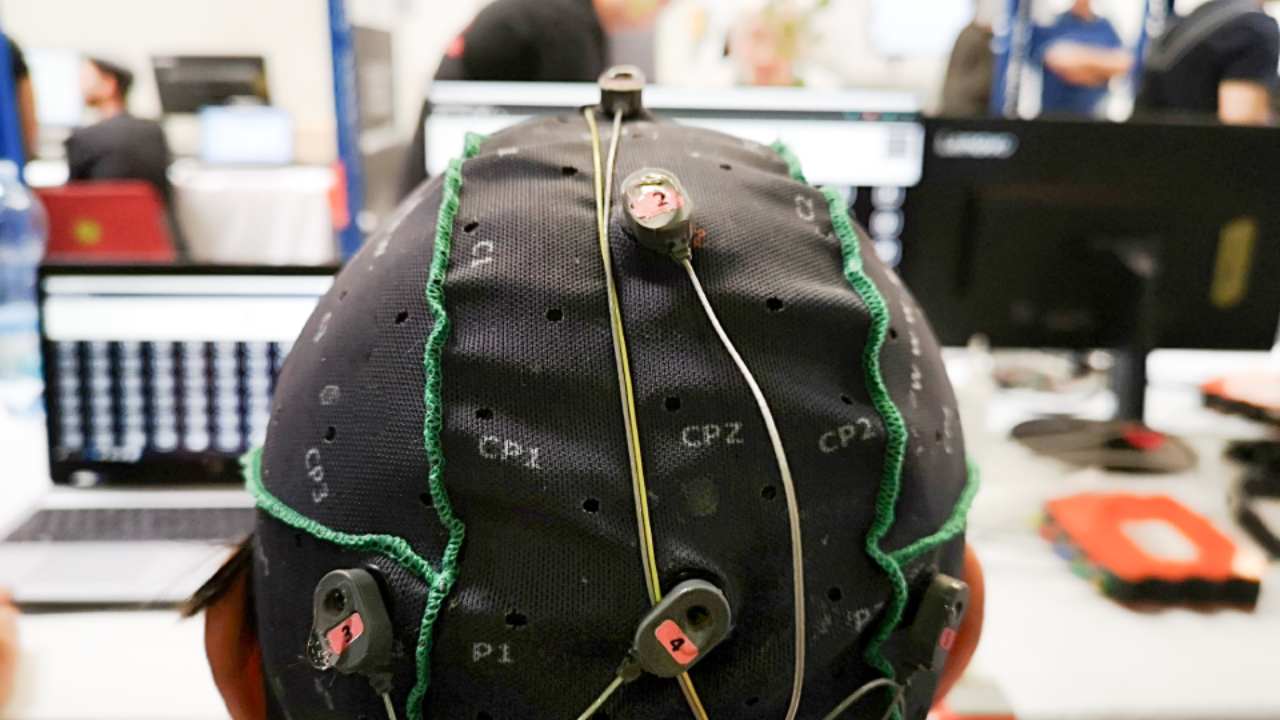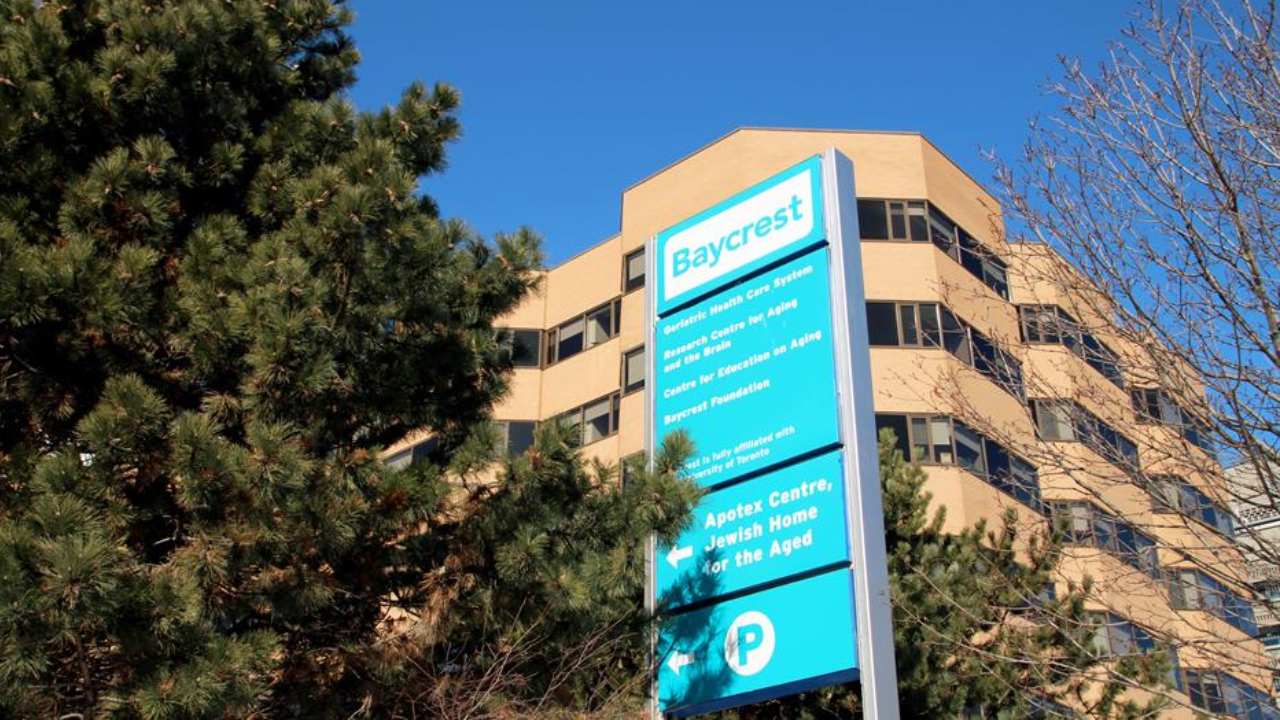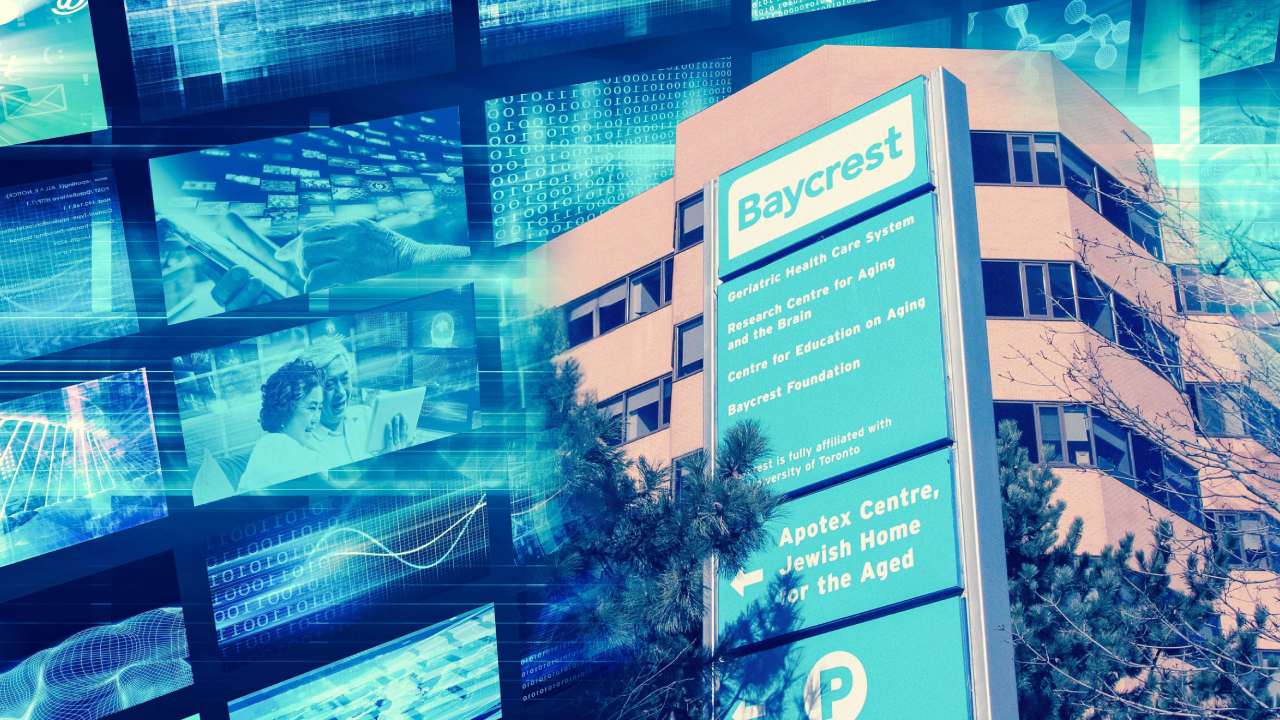Legacy Giving and Estate Planning

A legacy gift that matters
Canada is in the midst of a demographic shift. Today, more people are over age 65 than under 15, for the first time in history. By 2036, one in four citizens will be over 65.
What does this mean for our community? This aging population will mean an increased strain on our healthcare system. Those living with dementia in Canada will rise from 730,000 to almost one million by 2030 and by 2050, those living with dementia will increase further by 187%. There will be a growing need for excellent long-term care. There will be a growing need for research to uncover innovative treatments for our aging population and potential cures for dementia. There will be a growing need for the care that Baycrest delivers for current and future generations.
Leaving a Legacy Gift to Baycrest will allow you to:
• Forever champion causes close to your heart
• Reduce the tax burden for you and your loved ones
• Make a large impact without sacrificing your current lifestyle
• Impact the future of dementia research, treatment and care
For more information on deferred gift options, click on one of the gift tabs below:
Leave a legacy gift in your Will
Most legacy gifts are bequests in someone’s Will. Usually, these gifts enable people to make a more substantial contribution than they could manage during their lifetimes. That means a gift in your Will would have a deep impact on the future of Baycrest and those that we serve –your family members, friends, neighbours and patients from our local community and across Canada.
Gifts made by Will are deemed to have been made in the year of death. Therefore, the estate receives the charitable tax credit that may offset any tax owing.
Benefits to you of naming The Baycrest Centre Foundation in your Will:
- Impact: Allows you to make a larger donation than would otherwise be possible during your lifetime.
- Security: No immediate cost that affects your current lifestyle.
- Satisfaction: Ensures that your wishes are fulfilled that will reflect your core values, commitments and make a lasting difference.
- Tax Benefits to You: A charitable tax receipt to your estate can significantly reduce or eliminate final income taxes.
- Peace of Mind: You can make changes to your Will at any time.
What to donate
You can donate a specific amount, a percentage of your estate, or the residue of your estate after other specific bequests have been distributed and debts have been paid. You can also bequest real property or appreciated stocks.
Creating your legacy through a gift in your Will in 3 easy steps
Step 1: Make the decision that creating a bequest gift through your Will is the right step for you to take. Determine the type and amount of the gift you wish to make, and which program(s) you are designating.
Step 2: Call your lawyer and request that they make changes to your current Will or include a Codicil in your Will that establishes a gift for Baycrest. Provide your lawyer with the legal written name of The Baycrest Centre Foundation – please see below. Your lawyer will handle the remaining details.
Our Legal Name and charitable number:
The Baycrest Centre Foundation
Charitable Number: 11921 5242 RR0001
Step 3: Let us know that your gift has been created so we can ensure that we properly recognize your gift with our gratitude.
Donating a new or existing life insurance policy allows even people of modest means to make a sizable gift with only a small annual or monthly outlay. In addition, there is a tax credit available for immediate tax relief and you will not reduce your family’s share of your assets by utilizing this form of giving.
When giving a gift of life insurance, you can:
- Designate The Baycrest Centre Foundation as the owner and beneficiary of your life insurance policy. We will send you a tax receipt annually for your premium payments.
- Donate a paid-up policy you no longer need. We will send you a tax receipt for the cash value.
- Assign The Baycrest Centre Foundation as the beneficiary only. This gives you the flexibility of changing the beneficiary in the future, should you wish to do so.
Benefits to you
- An inexpensive way to make a larger gift without depleting your current assets or your estate.
- The ultimate value of your policy will far exceed the premiums you pay/paid.
- Receive immediate tax relief in the form of charitable tax receipts for premiums you pay.
- Know that your gift will occur as planned. Unlike a Will, your gift cannot be contested.
- Your gift is not on public record.
- Your gift can be honoured during your lifetime.
- Easily arranged by your life insurance specialist.
Here’s what Baycrest’s donors have to say …
“Baycrest represents the best of how the Jewish community enriches all Canadians. It’s a shining example of the amazing things that happen when people of all backgrounds work together for the common good. I want to support this important work – care, education and research on brain health and aging – and that’s why my family donated an investment of life insurance that makes Baycrest the owner and beneficiary.”
– Elliott Michaelson
Directing funds to an RRSP is a tax effective way to increase net worth during your lifetime. But it’s a different story when someone passes away without a surviving spouse or dependent child.
When a single person or surviving spouse dies, the largest tax bill on an estate is often the remaining balance of an RRSP or RRIF. CRA treats this balance as income in the year of death.
By making a charity a full or partial beneficiary of your RRSP or RRIF, you can effectively cancel some of the tax.
Benefits to you for naming Baycrest as the beneficiary:
- You will retain the use of the investment for the duration of your lifetime.
- It is easy to arrange. Simply speak with an agent at your financial institution.
- No out-of-pocket cost factors.
- It is a tax effective way of supporting Baycrest. Your estate may claim gifts in the year of death equal to 100% of your net income in that year and the preceding year.
How it works…
You can name Baycrest Centre Foundation as the direct beneficiary of an RRSP or RRIF. Upon your death, the proceeds will be paid directly to Baycrest Centre Foundation.
Charitable Gift Annuity
If you are age 70 or over, you may wish to consider a charitable gift annuity that will provide guaranteed income for life, usually with little or no tax. At least 20-25% is counted as a donation to Baycrest, for which a charitable receipt is issued.
Charitable Remainder Trust
A charitable remainder trust (CRT) generates an income stream for life to you or other beneficiaries. Essentially, you transfer property into a trust managed by a trustee (a financial institute, a lawyer, yourself or other individual). Baycrest is named as remainder beneficiary. After a prescribed period of time or upon death, the asset is transferred to Baycrest. This allows the asset to remain with you during your lifetime, while providing you with a tax receipt.
Endowment
Consider naming your family endowment in your Last Will and Testament. This fund will continue to provide stable, reliable support for vital programs and services at Baycrest – not just today but well into the future.
Get In Touch
To learn more, please contact Joanne Gittens, Manager, Planned Giving @ (416) 785-2500 ext. 2023.
We strongly encourage you to seek independent advice when executing gifts of property, securities, life insurance, charitable gift annuities, trusts, wills and other legal agreements.
This prestigious society was designed to acknowledge donors who have made a meaningful commitment to Baycrest with a deferred gift.
Named in honour of the late Sam Ruth, former Baycrest executive director and Foundation president, The Sam Ruth Legacy Society reflects Sam’s years of service and dedication to caring for older adults in a compassionate and dignified way.
Benefits for members of the Sam Ruth Legacy Society include:
- A personal plaque on Baycrest’s prestigious Planned Giving Wall
- Acknowledgement in Baycrest publications
- Invitations to special receptions and programs
Mission:
The Professional Advisory Group of the Baycrest Foundation aims to educate financial, legal and accounting professionals for the purpose of offering advice to their aging clients and families.
“I have found the Baycrest’s PA Seminar to be one of those rare events where timely and important topics are covered at a medium/advanced level. We dive right in and I come out with new ideas and understanding. In addition, the breakfast is great, and the location and parking are very convenient.”
– Meir J. Rotenberg, MBA, CFA | Senior Investment Advisor | TD Wealth Private Investment Advice
“I am a sole practicing lawyer who has consistently attended the Baycrest PA Seminars. I have done so because I have found that the choice of speakers has always been excellent. The speakers are knowledgeable specialists in their field. The material has always been informative and of great value to me in my practice. The breakfast seminar format allows the material to be presented in a casual and conversational manner which allows for better understanding. I highly recommend the Seminars.”
– Victor Wall, Barrister Solicitor | Wall Professional Corporation
Financial advisors, lawyers, accountants and wealth managers; join the Baycrest Professional Advisory group today for the opportunity to network, learn current issues and earn professional educational credits. To join or for more information please contact Becki Willoughby, Planned Giving Director, at 416-785-2500 ext. 3895 or [email protected]
The Professional Advisory Group Committee
Co-Chairs
Elisabeth Colson
Joshua Wise
Group Members
Brian Belmont, Melissa Elmaleh, Talia Feder, Irving Feldman, Bryan Gilmartin, Zak Goldman, Emily Hubling, Leon Kieselstein, Henry Korenblum, Marc Levstein, Israel Mida, Alex Morris, Elise Pulver, Mark Shimkovitz, Errol Tenenbaum, Marissa Verskin
Professional Advisory Committee
The committee environment is nurturing and challenging, rewarding and enriching. Members enjoy the freedom to participate in an open exchange of ideas and to learn from their committee colleagues and from excellent speakers, all in the context of doing good and meaningful work.
The Professional Advisory Committee consists of a group of dedicated professionals and business and industry leaders who meet multiple times throughout the year to discuss future seminars focused on topics of interest. Seminars are held twice a year, one in Spring and one in Fall. Committee members are driven by a desire to give back to the community, and aim to help improve the quality of life and resources available to older adults.
Members work together to articulate and promote the committee’s short and long-term goals.
Frequent and direct access to Baycrest’s extremely appreciative professional staff and leadership allows committee members to shape the content and format of Baycrest’s professional outreach seminars. These sessions are informative. They keep the professional community current and vibrant and place committee members front-and-centre. They are also excellent networking opportunities.
New Advisors Welcomed!
Articles
*This is general information only and is intended for reference purposes. You should consult with an experienced estate planner or professional advisor to help you make decisions that suit your financial and estate objectives.
To learn more about Wills, life insurance and registered gifts please contact:
- Leah Daniels, Director of Planned Giving and Legal Affairs at [email protected] or by phone at 416-785-2500 ext. 2159
- Becki Willoughby, Planned Giving Director, at [email protected] or by phone at 416-785-2500 ext. 3895
- To learn more about Endowments:
- Joanne Gittens, Manager, Planned Giving, at [email protected] or by phone at 416-785-2500 ext. 2023









